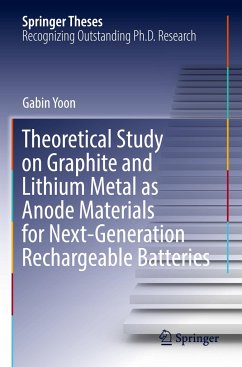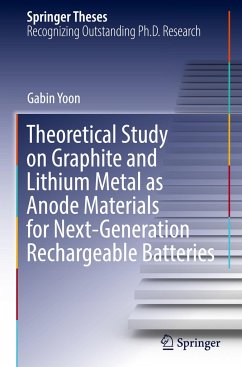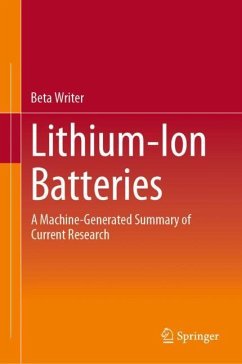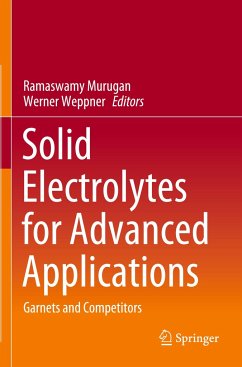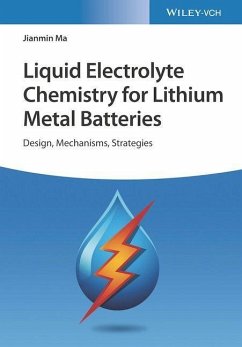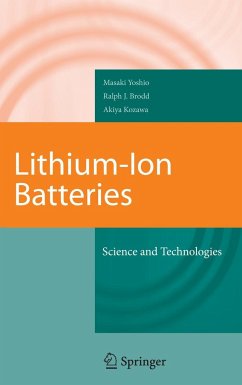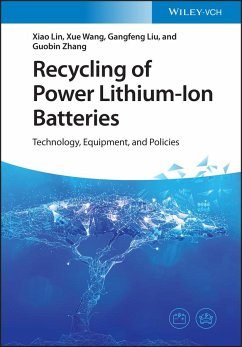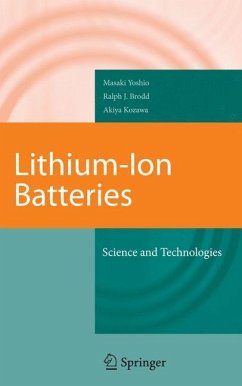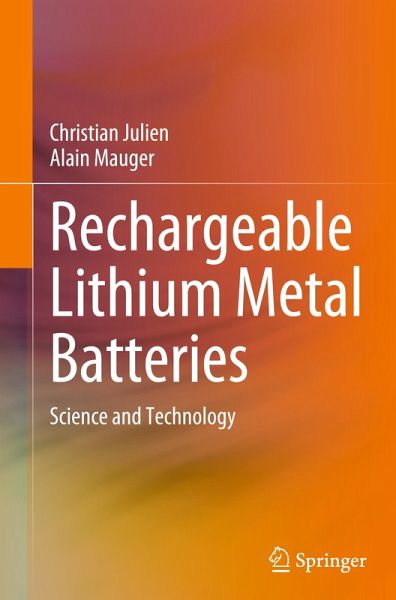
Rechargeable Lithium Metal Batteries
Science and Technology

PAYBACK Punkte
84 °P sammeln!
This monograph overviews cutting-edge advances in lithium metal batteries, showcasing a significant breakthrough in solving the longstanding issue of lithium dendrites. The key revelation is that this breakthrough paves the way for the development of lithium metal batteries, incorporating lithium metal anodes. The authors illustrate how overcoming the dendrite challenge leads to batteries with higher energy densities, enhanced safety, and further present a special focus on the development of all-solid-state batteries. This book not only highlights the scientific progress in solid-state batteri...
This monograph overviews cutting-edge advances in lithium metal batteries, showcasing a significant breakthrough in solving the longstanding issue of lithium dendrites. The key revelation is that this breakthrough paves the way for the development of lithium metal batteries, incorporating lithium metal anodes. The authors illustrate how overcoming the dendrite challenge leads to batteries with higher energy densities, enhanced safety, and further present a special focus on the development of all-solid-state batteries. This book not only highlights the scientific progress in solid-state batteries but also positions them as the next generation of rechargeable batteries. With a focus on bridging the gap from laboratory research to industrial development, the authors explain the profound implications of these advancements. Targeting a diverse audience, including PhD students aspiring to focus on future energy storage research and engineers involved in the transition from laboratory-scale prototypes to large-scale industrial development, this book serves as a comprehensive guide to the forefront of lithium battery technology.



